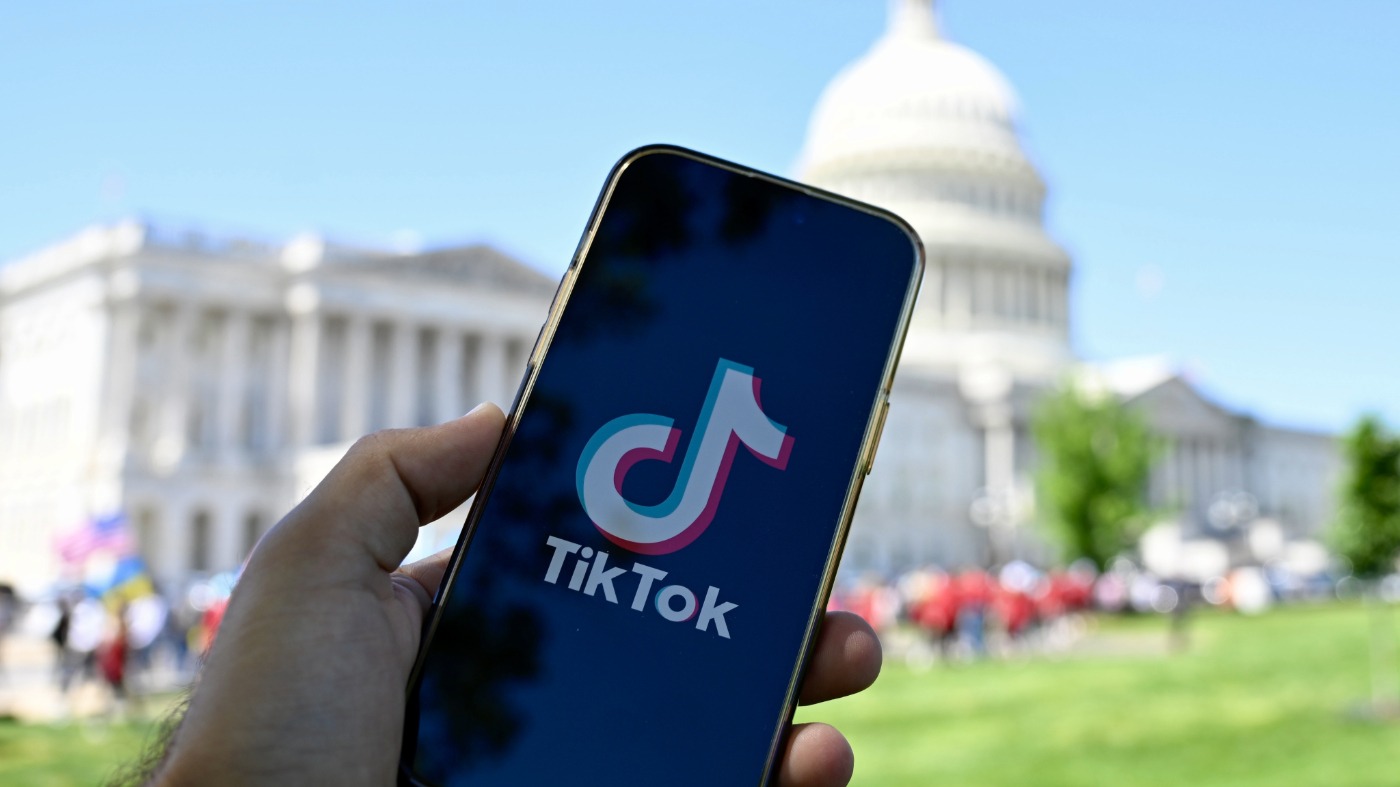The forced sale of TikTok, mandated by President Biden’s legislation, has sparked a complex web of legal, regulatory, and market challenges. ByteDance, TikTok’s parent company, valued at $225 billion, poses a serious hurdle for potential buyers.
The estimated tens of billions of dollars required to acquire TikTok’s US operations limits the pool of potential buyers to financially robust entities.

Antitrust concerns and regulatory approval pose serious obstacles. Existing American tech giants like Meta and Google, though financially capable, would face intense antitrust scrutiny from the Federal Trade Commission and the Department of Justice.
Any potential buyer must steer national security reviews, including the Committee on Foreign Investment in the United States (CFIUS), to demonstrate the capability to protect US user data.
The sale is not just a business transaction but also an international trade and geopolitical issue, given the strained US-China relations.
The divestment of TikTok, a high-profile Chinese asset, will have diplomatic repercussions, affecting negotiations and trade relations. Any potential buyer must consider the international political climate and potential retaliation against American firms operating in China.

Legal challenges are inevitable, including a potential ACLU lawsuit arguing that the forced sale restricts speech. The sale will be fought in courts for years, but users can breathe a sigh of relief as TikTok will likely continue to operate and be updated in the US during this time.
The eventual outcome may still be forced divestiture, but the need for social media platforms will drive users to find alternative spaces, making it difficult for courts to separate TikTok from its constitutionally guaranteed free speech aspects.


